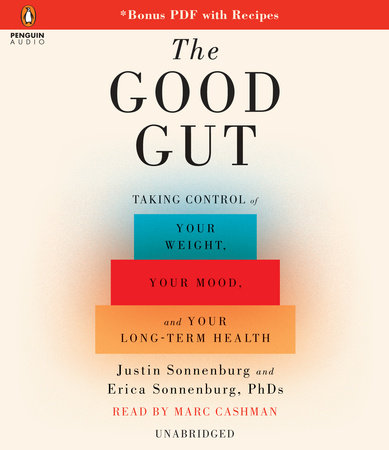We all know that much of our health is predetermined by our genes. We also know that we can generally improve our health if we eat right, exercise, and manage our stress. But how to do those things is a matter of great debate. Many well-meaning health programs are focused solely on weight loss or heart health, but what if there was a second genome, one that held the key to much of our overall health, but one that we could influence by very specific (and often surprising) lifestyle choices? Well, this second genome exists. It belongs to the bacteria that inhabit our gut and is vital to our overall well-being, in countless ways. The details of how these intestinal bacteria, known as the microbiota, are hard-wired into health and disease are starting to come to light and they are reshaping what it means to be human.
As scientists try to unravel the causes behind the prevalence of predominantly Western afflictions such as cancer, diabetes, allergies, asthma, autism, and inflammatory bowel diseases, it is becoming increasingly clear that the microbiota plays an important role in the development of each of these conditions and potentially many others. Our bacterial inhabitants touch all aspects of our biology in some way, directly or indirectly. But the modern world has changed the way we eat and how we live, and as a result, our intestinal microbiota is facing challenges that it has not experienced in the entirety of human evolution.
Our digestive system is much more than a collection of human cells that surround our last few meals—it also contains a dense colony of bacteria and other microorganisms. In fact, for every one human cell in our body, we house an additional ten bacterial cells that amount to a filibusterproof majority that legislates much of our biology. But before you start thinking of yourself as a human being with bacterial cells inside, it may be more accurate to consider yourself as a bacterial being with a human cell coating.
More than we ever expected, the gut microbiota sets the dial on our immune system. If the gut bacteria are healthy, it’s likely that the immune system is running well. Much is being learned about how the microbiota impacts our brains. The brain-gut axis impacts our well-being profoundly, far more than just letting us know when it’s time to eat. Gut bacteria can affect moods and behavior and may influence the progression of some neurological conditions.
Copyright © 2015 by Justin Sonnenburg, Erica Sonnenburg, and Erica Phd Sonnenburg. All rights reserved. No part of this excerpt may be reproduced or reprinted without permission in writing from the publisher.










